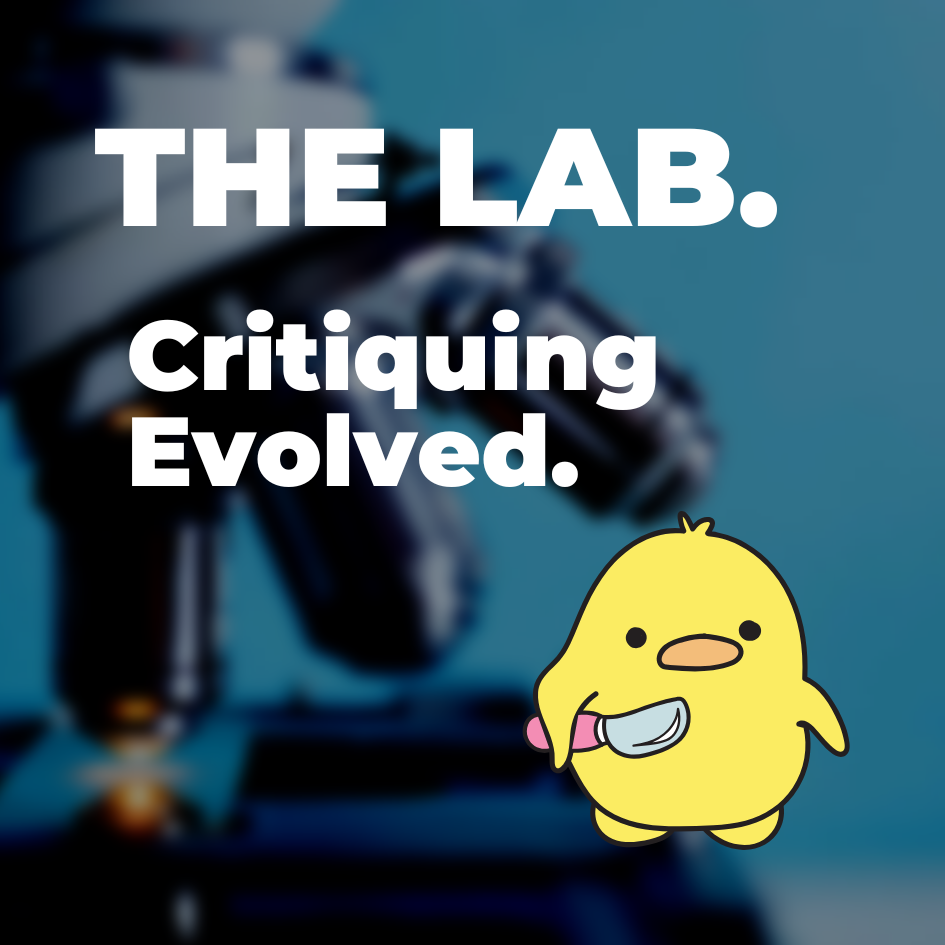Paul Whybrow
Full Member
I was just watching an episode of American Pickers in which they sold a vintage cyclecar to an auto museum. This unusual lightweight vehicle was fitted with 1914 Henderson motorcycle engine. The new owner proudly declared that it would be "A great conversation piece, bringing people in."
As writers, we talk about word of mouth promotion of best-selling books. The plot of a successful story has to hook the reader, and it helps if it's well-written—but, as we all know, the most awfully written tosh sells in the millions. Increasingly, as I observe the publishing scene, I think that what sells a book are standout moments, which provoke a reaction; if the shock was totally unpredictable, all the better. Get them gossiping and your books will fly off the shelves.
Most authors are nice people, and we self-censor, afraid of causing offence. Why worry? As Oscar Wilde said: 'There is only one thing in life worse than being talked about, and that is not being talked about.'
In my own Cornish Detective novels, I've deliberately salted them with shocking incidents, apart from the crimes themselves, in the hope that the bizarreness will lodge in readers' minds—perhaps giving them something to talk about, in an "Is that the one where?" way.
* Book 1—Who Kills A Nudist?—twin brothers, criminal cohorts of a murderous gang leader, are having an incestuous affair, much as notorious London gangsters, the Kray twins did.
* Book 2—The Perfect Murderer—a key witness, a lorry driver who finds one of the murder victims and who was in proximity to another, admits that the reason he's so often out in the wilds on his own, is that he likes having sex with trees!
Wood you do it for me: A beginner’s guide to dendrophilia
* Book 3—An Elegant Murder—I featured the legendary Beast of Bodmin Moor in this story, with real-life helping me out, for lynxes escaped from local zoos and pumas were spotted too. Helping the fear factor of my story, there were several attacks by pumas on children in America. There have been a couple of fatal attacks since then. We don't have any dangerous predators to worry about in the UK, so the idea of being prey is alien to us. My protagonist detective has two close encounters with a puma, one in captivity, and is left with a sense of dread as his investigation takes place in the wilds of the moor.
* Book 4—Sin Killers—my married murderers, of the title, were not only killing innocent people whose morals they disapproved of, but also eating them, using their skin to make a bodhrán, with a carved bone forming the beater.

* Book 5—The Dead Need Nobody—an opium addled art collector kills two innocent people, to protect his paintings. A lonely man, he part-embalms one of his murder victims, to keep her for a while to share his favourite paintings. He later turns her into art, by encasing her corpse in concrete and sinking it at an underwater sculpture park, where it's found by divers. This killing for company has a precedent in real life.
What shock-horror moments have you used in your stories, that readers will talk about?

As writers, we talk about word of mouth promotion of best-selling books. The plot of a successful story has to hook the reader, and it helps if it's well-written—but, as we all know, the most awfully written tosh sells in the millions. Increasingly, as I observe the publishing scene, I think that what sells a book are standout moments, which provoke a reaction; if the shock was totally unpredictable, all the better. Get them gossiping and your books will fly off the shelves.
Most authors are nice people, and we self-censor, afraid of causing offence. Why worry? As Oscar Wilde said: 'There is only one thing in life worse than being talked about, and that is not being talked about.'
In my own Cornish Detective novels, I've deliberately salted them with shocking incidents, apart from the crimes themselves, in the hope that the bizarreness will lodge in readers' minds—perhaps giving them something to talk about, in an "Is that the one where?" way.
* Book 1—Who Kills A Nudist?—twin brothers, criminal cohorts of a murderous gang leader, are having an incestuous affair, much as notorious London gangsters, the Kray twins did.
* Book 2—The Perfect Murderer—a key witness, a lorry driver who finds one of the murder victims and who was in proximity to another, admits that the reason he's so often out in the wilds on his own, is that he likes having sex with trees!
Wood you do it for me: A beginner’s guide to dendrophilia
* Book 3—An Elegant Murder—I featured the legendary Beast of Bodmin Moor in this story, with real-life helping me out, for lynxes escaped from local zoos and pumas were spotted too. Helping the fear factor of my story, there were several attacks by pumas on children in America. There have been a couple of fatal attacks since then. We don't have any dangerous predators to worry about in the UK, so the idea of being prey is alien to us. My protagonist detective has two close encounters with a puma, one in captivity, and is left with a sense of dread as his investigation takes place in the wilds of the moor.
* Book 4—Sin Killers—my married murderers, of the title, were not only killing innocent people whose morals they disapproved of, but also eating them, using their skin to make a bodhrán, with a carved bone forming the beater.

* Book 5—The Dead Need Nobody—an opium addled art collector kills two innocent people, to protect his paintings. A lonely man, he part-embalms one of his murder victims, to keep her for a while to share his favourite paintings. He later turns her into art, by encasing her corpse in concrete and sinking it at an underwater sculpture park, where it's found by divers. This killing for company has a precedent in real life.
What shock-horror moments have you used in your stories, that readers will talk about?





